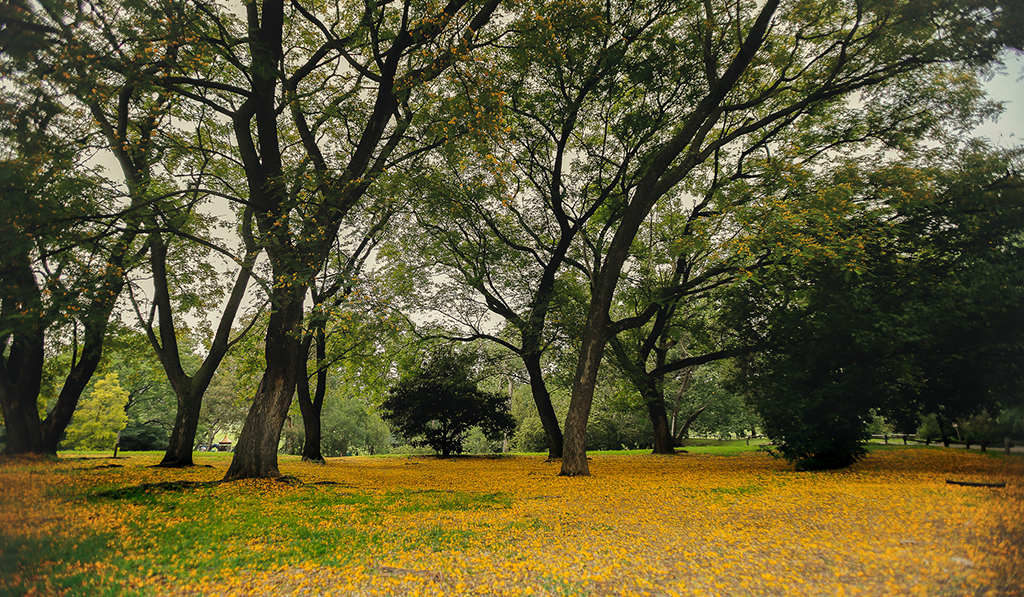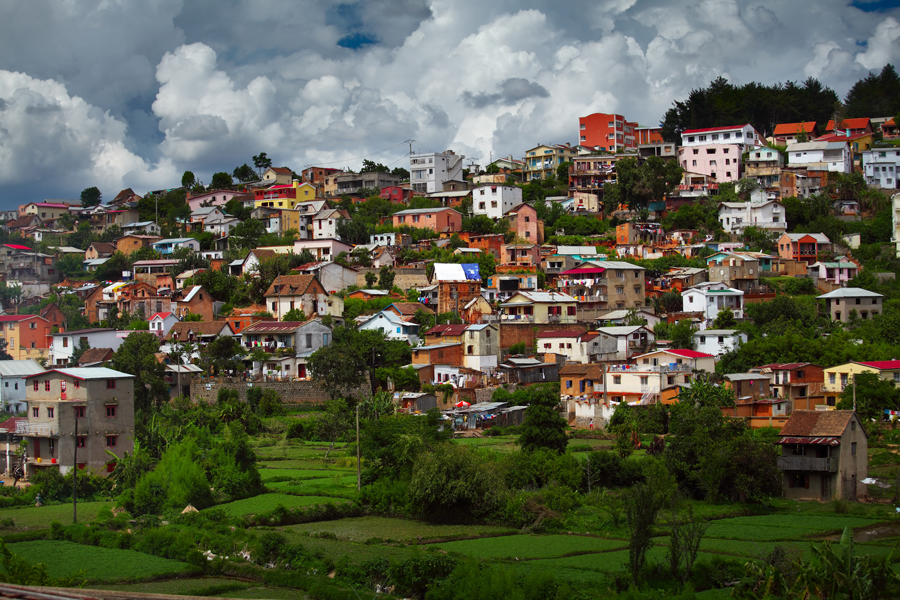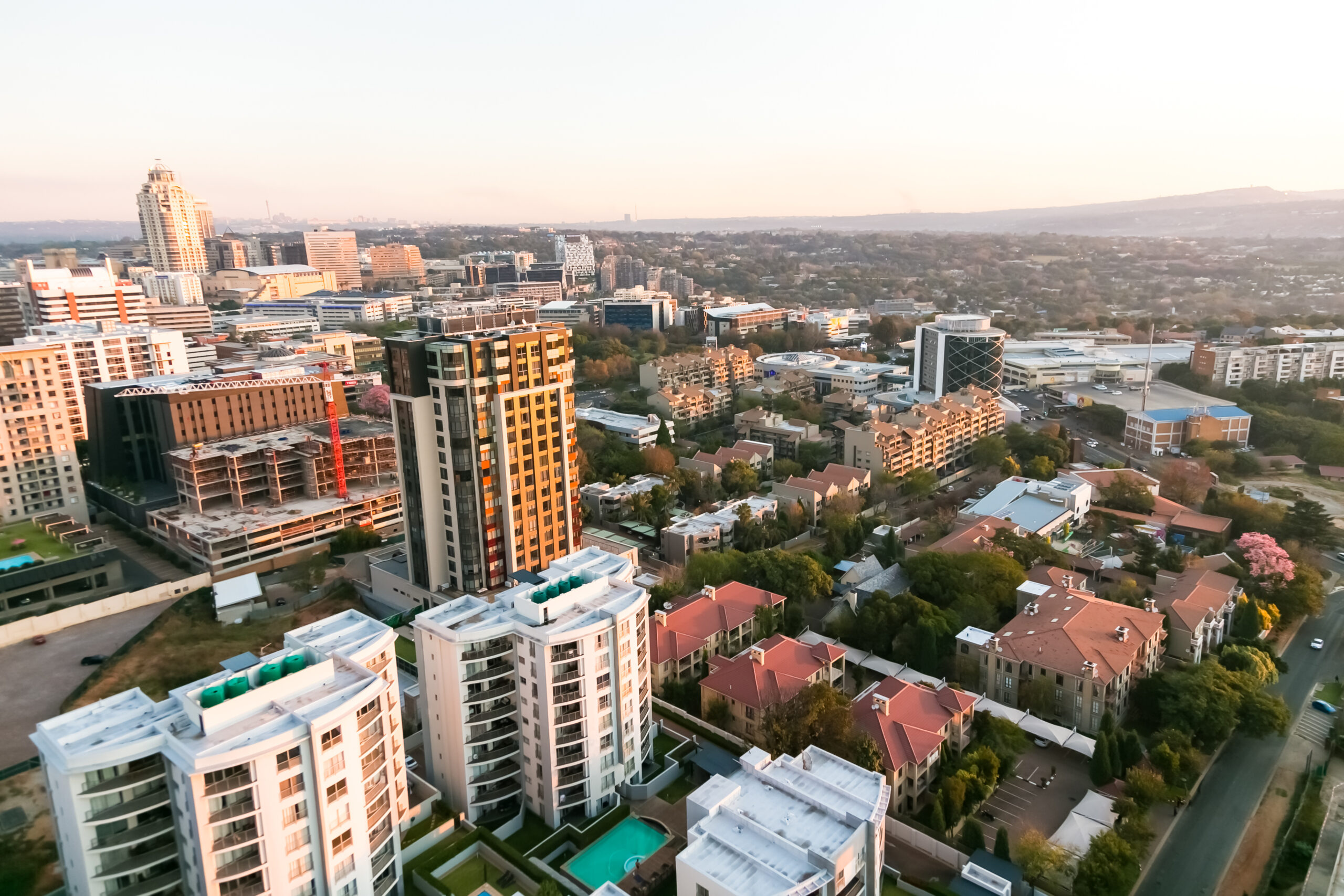ABOUT
For more info->
Urban forests have been emphasized to not only help achieve the sustainable development goals and future-proof cities to climate change, population growth, and pandemics but also provide essential economic, social, and cultural ecosystem services. These benefits extend to strengthening social networks, improving urban dwellers’ health and quality of life, ensuring food provision, strengthening social and environmental equity, regulating local climates, supporting soil formation, and offering aesthetic and recreational opportunities.
The theme for the Second African Urban Forestry Forum (AFUF), “Green Horizons: Shaping the Future Resilience of African Cities through Urban Forests,” encapsulates a bold vision for sustainable development and growth in Africa’s urban areas. This theme emphasizes a proactive and strategic stance in shaping the future of urban forestry across the continent, with a focus on innovation, comprehensive planning, and targeted actions that will transform urban landscapes for generations to come.
The forum provides an invaluable platform for city practitioners, community groups and professionals to exchange their valuable experiences on this subject. Moreover, it provides an opportunity to examine Africa’s contribution to global discussions, frameworks, and commitments. These include the New Urban Agenda, Sustainable Development Goals, Agenda 2063: The Africa We Want, the FAO Green Cities Initiative, AFR100 initiative, the UN-Habitat’s Biodiverse and Resilient Cities Resolution, UN Decade on Ecosystem Restoration, Global Biodiversity Framework, Kunming-Montreal Global Biodiversity Framework (GBF) and the national commitments to climate action. Central to these discussions is the exploration of how African Cities can effectively integrate, manage and maintain urban forests and green spaces for improved health and well-being of their urban communities.

Format

The Forum will be structured into a comprehensive program that includes traditional formats such as plenaries, parallel sessions, roundtables, panels, training sessions, exhibitions, pre-conference webinars, poster sessions, and side events.
Additionally, it will incorporate innovative and engaging elements, including
- Reception dinner, a tribute to Wangari Maathai
- Tree planting activities
- A green careers expo
- Field visits
The Forum will be held in person. No hybrid modality is envisaged.
Objectives
Sharing Knowledge
Bring together a wider spectrum of actors to foster open discussions on urban forestry, to promote knowledge sharing for actionable results.
Evaluation
Evaluate the advancements made by various stakeholders since the inaugural African Forum on Urban Forests in July 2021.
Strategy
Formulate practical strategies for achieving sustainable urban forestry across the continent.
Urban Initiatives
Showcase inspiring examples of best practices to encourage widespread adoption of urban greening initiatives across the continent.
Workshops
Build capacity among the participants, through workshops, covering topics such as conducting tree inventories, mapping alien invasive species, and developing advocacy campaigns for stewardship of urban forests.
Policy Processes
Explore how cities integrate urban forestry in urban planning and wider policy processes.
Collaboration
Facilitate collaboration between different spheres of governments, civil society organisations, academia, the private sector, and local communities to ensure equitable access to urban green spaces in Africa.
Funding
Facilitate a roundtable discussion on resource mobilization to garner investment commitments and partnerships from development finance institutions, private sector entities, philanthropic organizations, and other funding sources.
Expected Outcomes
- Establish an African Nature-Based Solutions Network as part of CAPS, with a dedicated Community of Practice on Urban Forests to foster collaboration and knowledge exchange and inspire joint efforts to develop more effective, resilient strategies for urban forest management that address the impacts of climate change.
- Formulate actionable strategies and policy recommendations that can be implemented across various levels, from local communities to national governments, thus contributing to the protection, expansion, and enhancement of Africa’s urban forests.
- Build the capacity of the next generation of leaders working in urban forestry and green in Africa’s urban and peri-urban areas.
- Foster commitment in terms of investments and partnerships from domestic and international finance institutions, private sector entities, philanthropic organizations and other funding sources to catalyze innovation and mobilize resources that empower African cities to reverse urban forest depletion and green space loss.
